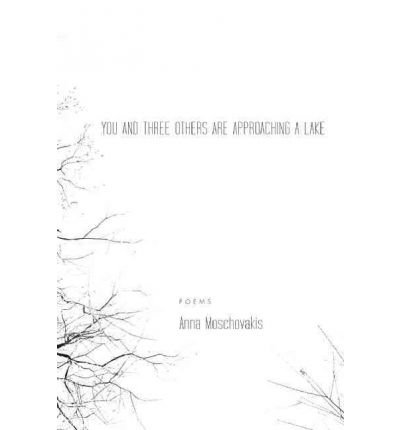What do you think?
Rate this book


119 pages, Paperback
First published January 18, 2011
the moon's high silver has fallen to dust, and nobody can help him so nobody tries, and the woman is gone, and her hair is gone, and her porcelain back is gone, and her slender fingers, and even her image is gone, and still he has no regrets, and he welcomes death, invites it, knowing as he's never known anything before that his life wants for nothingThis section, the twenty-sixth chance of "The Human Machine" is also particularly effective and emblematic of what I liked, lyrically, about these poems:
now that is something
heaven
a sliver
those with weak spirits, those with weak inner lips pulling in to converse, always receding, never jutting out, those with nothing to say, never, those not free but who are freed, those walkers, talkers, wailers, travelers without fellows and with, those thinkers, those inventors, those who can't and those who don't, those who recede into conversation, those falling through, those who command and who are commanded, those beginning things and those finishing them--